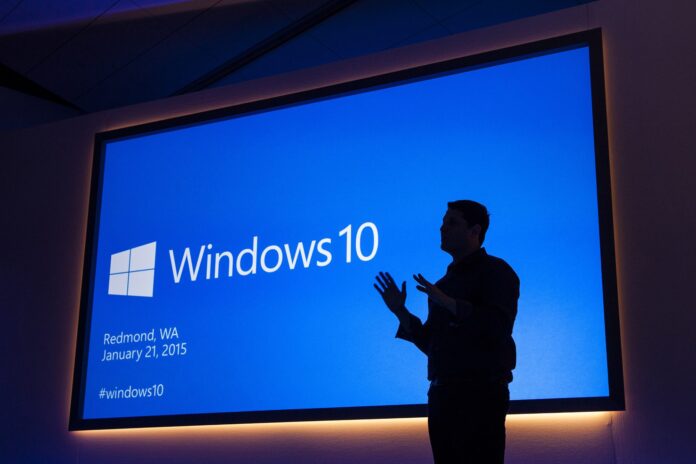Wi-Fi Sense automatically shares encrypted Wi-Fi passwords to various contact lists
A new default feature of Microsoft Windows 10, called Wi-Fi Sense, automatically shares an encrypted version of your Wi-Fi password with contacts stored in Outlook, Hotmail or Skype.
As expected, network security commentators were quick to point out the inherent security risks associated with such a feature.
From Microsoft’s Wi-Fi Sense FAQ: “Your initial Wi-Fi Sense settings are determined by the options you choose on the Wi-Fi Sense screen when first setting up your new phone, or on the new settings screen after updating an existing phone to Windows Phone 8.1. After first setting up your phone or updating it, you can change your Wi-Fi Sense setting any time by tapping ‘Settings,’ ‘Wi-Fi,’ ‘Wi-Fi Sense.’”
“In theory, someone who wanted access to your company network could befriend an employee or two, and drive into the office car park to be in range, and then gain access to the wireless network,” noted Simon Rockman of the U.K.’s The Register, on the feature.
Investigative reporter Brian Krebs wrote in his blog “Krebs on Security” that, “The company says your contacts will only be able to share your network access, and that Wi-Fi Sense will block those users from accessing any other shared resources on your network, including computers, file shares or other devices. But these words of assurance probably ring hollow for anyone who’s been paying attention to security trends over the past few years: Given the myriad ways in which social networks and associated applications share and intertwine personal connections and contacts, it’s doubtful that most people are aware of who exactly all of their social network followers really are from one day to the next.”
Microsoft Windows 10 is available as a free download. The new software features a “Start” menu similar to Windows 7 and comes with the Cortana digital assistant and Microsoft Edge, which allows users to write or type notes directly on webpages and share the notes with other users, among other new features.
Among the security concerns, Windows 10 is also racking up positive comments from industry analysts.
Amit Chowdhry of Forbes wrote that the “benefits of Wi-Fi Sense outweigh the risks. This feature lets your friends access your Wi-Fi network without having to actually tell them your password. Sometimes, people use the same password for their e-mail and Wi-Fi network, which could be a major privacy risk if their friends are nosy. Wi-Fi Sense also makes connecting to your Wi-Fi network less of a hassle if your password is extra long with a variety of letters, numbers and symbols. And Wi-Fi Sense does not actually show your Wi-Fi password at all.”

